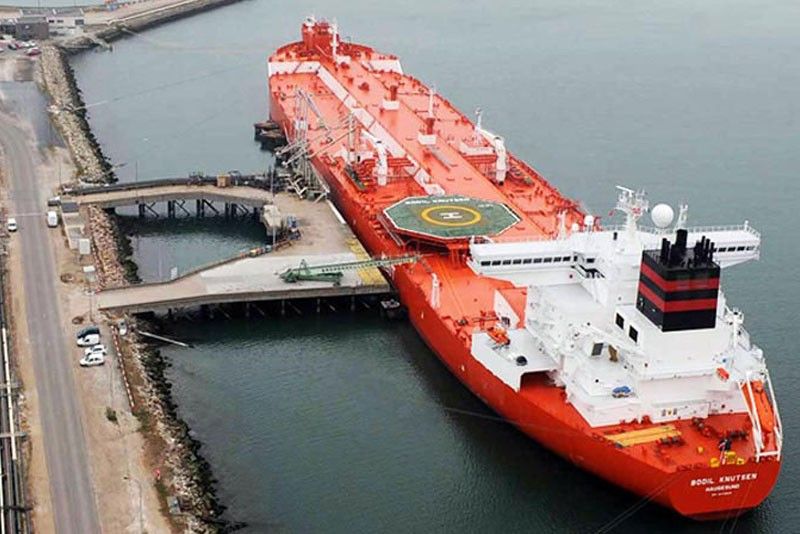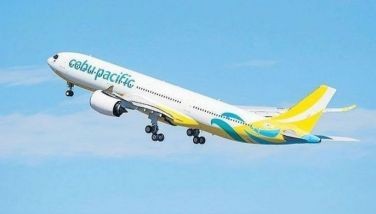Customs starts fuel marking system next year

MANILA, Philippines — The Bureau of Customs (BOC) is implementing early next year a fuel marking and monitoring scheme to help prevent the smuggling of oil into the country.
In a statement released over the weekend, the BOC said the fuel marking system, as provided under the Tax Reform for Acceleration and Inclusion (TRAIN) Law, is expected to go full swing once the implementing rules and regulations (IRR) and masterplan for the program are released.
The BOC is the lead implementor of the fuel marking system, while the Bureau of Internal Revenue (BIR) drafted the IRR.
The joint-venture of Switzerland-based SICPA-SA and SGS Philippines, the winning bidder for the fuel marking system, will have to submit the masterplan in 30 days from the signing of the contract held last Oct. 30.
Fuel marking will be required on all petroleum products that are refined, manufactured, or imported into the Philippines that are subject to the payment of duties and taxes – such as but not limited to gasoline, denatured alcohol used for motive power, kerosene, and diesel fuel oil – after the taxes and duties have been paid.
The system will also monitor all locally-refined finished oil products to ensure correct payment of corresponding excise taxes and value-added tax.
Earlier, the Department of Finance (DOF) said fuel marking is expected to plug as much as P44 billion in revenues lost annually due to oil smuggling.
However, the DOF said the delay in the implementation of the program has caused the reduction in the expected government revenues for the year.
Finance Undersecretary Karl Kendrick Chua earlier said that this, together with the delay in the electronic receipt system, has slashed the expected revenues from TRAIN by P26.6 billion.
As a result, the Development Budget Coordination Committee (DBCC) has cut the national government’s 2018 revenue program to P2.82 trillion from the previous target of P2.84 trillion.
Likewise, the BOC said it is also targeting to stop the smuggling of cigarette-making machines that are used in manufacturing fake tobacco products.
The agency said it would coordinate with its counterpart in China to inform them of this illicit scheme.
“To further prevent the entry of these machines into the country, the customs chief will request Chinese officials not to allow the exportation of cigarette-making machines from China without proper and complete documentation,” the BOC said.
According to the agency, it is beefing up its activities to combat smuggling in line with Finance Secretary Carlos Dominguez’ orders to newly appointed Customs Commissioner Rey Leonardo Guerrero.
During a meeting shortly after Guerrero’s appointment, Dominguez has informed the new Customs chief of the BOC’s priority programs, and delivered his marching orders, which include the elimination of corruption and smuggling.
- Latest
- Trending





























